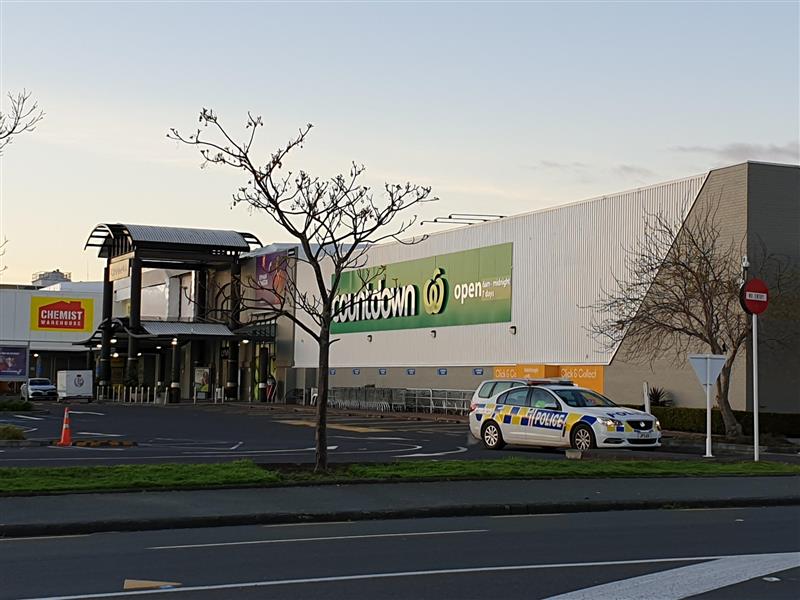As an advocate for people seeking asylum and refugee rights generally in New Zealand, I was devastated to learn the terrorist who carried out the attack at LynnMall was formerly a refugee status claimant (an asylum-seeker) and convention refugee, and fighting with the Immigration and Protection Tribunal to keep his refugee status here.
Speaking as a former refugee status claimant and convention refugee myself, as opposed to someone accepted as a refugee offshore before they arrive in New Zealand under the quota system, I can say the actions of this one man do not in any way define the rest of us in the refugee and Muslim communities.
As rightly described by the Prime Minister and the police, the man was a ※lone wolf§. By contrast, many of us and the rest of our Muslim and refugee communities in New Zealand?are loving people who cherish the beautiful way of life of Aotearoa New Zealand. We are law-abiding citizens, and we go out every day to contribute to making this a safe, better, and welcoming country for all.
As I reflect on the harm caused by the terrorist, and the Government’s claim of exploring ※every opportunity§ legally to criminalise, imprison or deport him from New Zealand, it has been difficult for our community to find answers to some hard questions.
We wonder, for example, whether the Government also tested the law to the same extent to get the man the help he needed with his psychological wellbeing, like de-radicalisation, rehabilitation, or compulsory mental health treatment?
We acknowledge and appreciate the Prime Minister’s effort to get him a psychological assessment, which we are told?he refused. However, we wonder what use then is the Mental Health (Compulsory Assessment and Treatment) Act 1992 if the legislation could not be used in this case, first to keep the man safe, and second to protect the public?
Aside from this, my personal experience as a refugee status claimant in New Zealand suggests that we have a very robust (arguably, the most robust) procedure of any country in the western world for determining whether a person is indeed a refugee.
Many current and former refugee status claimants in our community (including those successfully recognised as convention refugees and who are now well-established and happy New Zealanders), also have the same view of our refugee law and procedure.
The refugee status determination officials, including some of our most experienced refugee lawyers and psychologists, also have similar views that the refugee law and procedures are robust, but not perfect. One of our primary and longstanding concerns has always been their?adverse impacts on the mental wellbeing of refugee status claimants.
Further, there is a longstanding history of minimal or no government support for refugee status claimants during this process, even after receiving successful recognition as convention refugees.
This leaves many on society’s fringes?feeling marginalised and estranged. Against this backdrop?four years ago, I began a PhD exploring how New Zealand’s refugee status determination procedure could incorporate more of a therapeutic approach to strengthening our refugee law and procedure.
My research suggests there is a critical need for a &humane’ refugee status determination process, and I do not use the word lightly. The process should not be obviously unfair in many ways, as felt by the refugee status claimants, convention refugees, and many professionals who work with them.
It should not be unnecessarily protracted, ingrained in a culture of interrogation, disbelief, and deterrence as if it were a criminal justice process. It should not leave many refugee status claimants to fend for themselves in a completely new country they don’t know at all, and in which they are left idling in uncertainty and hopelessness. Above all, it should not traumatise or significantly worsen the mental health of the refugee status claimants themselves and, to some degree, the professionals who work with them.
However, while these findings suggest that this procedure can damage and exacerbate existing mental conditions, there is nothing to suggest that this was the case for the individual who committed the terror attacks at LynnMall. I am not suggesting that this man did what he did because of his experiences with this process.
However, I am suggesting that as we pray for his victims to make a full recovery, we also pray that our Government seizes this opportunity to provide the necessary support for all refugee status claimants and convention refugees.
Strengthening mental wellbeing in the entire refugee status determination procedure (Immigration and Protection Tribunal included) is badly needed.
Government funding for a wrap-around service for refugee status claimants and settlement support for convention refugees is also long overdue.
Bernard Sama came to New Zealand as a refugee status claimant and was formally recognised as a convention refugee. He is heavily involved in the refugee sector in New Zealand and chairs the Asylum Seeker Support Trust.


